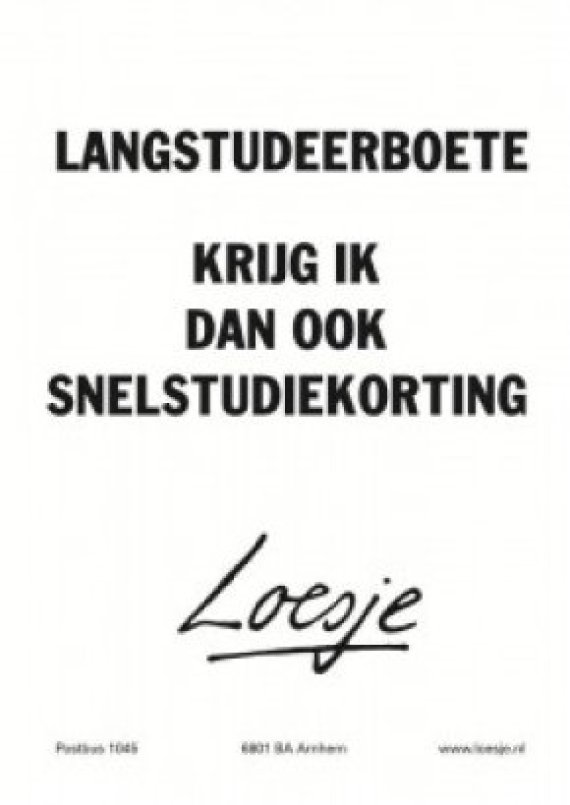This Nijmegen expert in constitutional law is highly critical of the plans to revoke the slow student legislation with an emergency law. ‘It is ridiculous to first enact a law like this and then proclaim in the run-up to the elections: the law has to be revoked. On top of that, they are even trying to do that before 1 September!’ He recognizes, though, that this is theoretically possible. ‘Even within a day, if necessary. But this requires consent from the Upper House, the Lower House and the government. Parliament and the Senate have to approve this and the government has to ratify the legislation. This is usually done when there is a flaw in a law which then needs to be amended quickly.’ The current state of affairs can result in sloppy lawmaking, he says. ‘The normal period of time taken for a law to be adopted is one to two years. The present case smacks of opportunistic legislation.’ Bovend’Eert does not think that the parties will succeed anyway. ‘It is a political gesture. Zijlstra has already declared that he wouldn’t do it, so the emergency law won’t be in place yet by 1 September.’ Professor Paul Zoontjens of the University of Tilburg also feels that it would be difficult to get the emergency law passed. Whether this succeeds or not depends on the political will, adds Zoontjens. ‘Can the parties draw up a new bill within such a short period? And where are they going to get the collateral? All of them have different views concerning this.’
Supporter
The CDA was an ardent supporter of the slow student fine. Why does it want to get rid of this suddenly? ‘The idea for a slow student fine did come from the CDA,’ says Sander de Rouwe, education spokesperson and number three on the election list of the Christian Democrats. ‘We were against abolishing the basic student grant but we wanted to raise the returns from studying and invest more in education. So we reached an agreement with the VVD and the PVV at that time.’ However, the CDA realizes that the support for this measure has gone and that it has a polarising effect. ‘There is no more support for it from parliament, and as far as the students are concerned, it never existed. So Sybrand Buma remarked that it has to be thrown out. Parties are naturally free to alter their stance in a new period.’ The education spokesperson is unable to say exactly where the CDA will get the millions of euros to compensate for the slow student fine. ‘That money would have to come from somewhere else indeed. The Central Planning Bureau is drawing up projections of our election programme and the results will be made known only at the end of next week. It will indeed be regarded as an investment in education.’ According to De Rouwe, CDA is looking for ways so that current slow students will not be affected adversely.

